Our weekly cultural sessions are designed to help you better understand Vietnamese customs, values, and ways of thinking—so you can engage more meaningfully with the community.
Instead of telling you what to do or not do, we explore the reasons behind common behaviours and traditions. With this understanding, you can make your own informed and respectful choices in how you interact with Vietnamese culture.
🧠 How It Works
Each week focuses on a specific theme related to Vietnamese culture
Sessions include open discussion, reflection, and shared experiences
You're encouraged to bring your own questions and stories
The programme is flexible and will evolve based on what participants want to explore
This is an experimental and collaborative space—there are no right or wrong answers, just a shared goal of deeper cultural understanding.
🌏 Vietnamese Cultural Classes Overview
Meet Our Facilitators
-
Quynh moved to London from Hanoi in 1994. She graduated as a French language teacher in Vietnam and MA in Applied Anthropology in Community and Youth work at Goldsmiths, London. She was instrumental in setting up the VietSchool in 2007 and the Vietnamese Family Partnership (VFP) charity in 2019 as she wanted to connect with her home away from home, deepening her understanding of Vietnamese people and their experiences.
-
Born in Saigon, Loan moved to the UK with her parents and siblings in 1962. She is an English Literature graduate from Sussex University. She works as a Hakomi Practitioner, a body-centered approach to psychotherapy. She is particularly interested in how the arts and understanding of self and others can give a sense of possibility and connection.
-
Born in Hanoi, brought up in a Buddhist tradition and trained to be a diplomat. Pearl later retrained in Business Management and Organisational Psychology. Learn French, worked for German firms in Asia, is married to an Englishman, having mixed-cultured kids; Pearl lives in London pursuing a career in Executive Coaching and Organisational consulting.
Our Topics
-
Age Order: family-centric approach.
-
Food and Meaning of food: expression of love and bonding.
-
Collective Harmony: consideration of others.
-
Boundaries: fluidity and rigidity.
-
Thank You and Sorry: non-verbal communication.
-
Money and Gifts: expression of appreciation and care.






